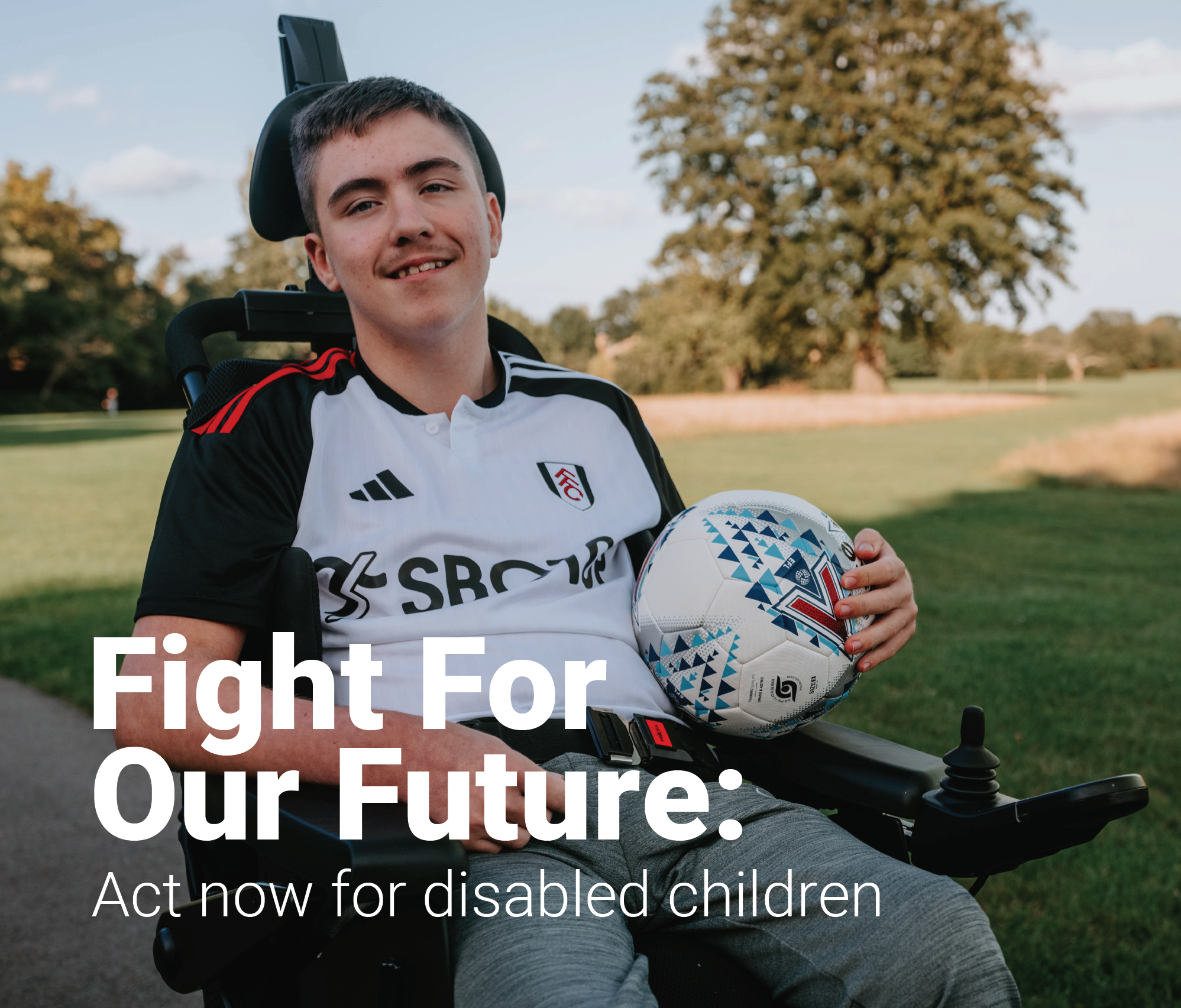Campaigning
Campaigning for positive change
All children deserve the right to be safe and live without fear or pain, to have access to education, and have the opportunity to thrive. Yet, too many of the 1.6 million disabled children in the UK are being routinely let down as they lack access to crucial support and specialist equipment such as wheelchairs, buggies, beds, and car seats.
Listening to the needs of families, we work with national and local decision makers to ensure that children get the right equipment at the right time. Our aim is to ensure that disabled children get the better future they deserve.
Can you support Newlife?
All children deserve the right to live a life free from pain and to fulfil their full potential. Yet, too many of the 1.6 million disabled children in the UK are being routinely let down as they lack access to crucial support and specialist equipment such as wheelchairs, buggies and beds.
We are calling on the next government to implement a series of cost-effective reforms which will win the fight for disabled children’s futures.
Read the full ‘Fight For Our Future’ report here.
Find out more about our previous campaigns:
Fix The Four
Our 2018 #FixTheFour report set out our objectives across four points and included ending the use of ‘blanket bans’ and a “we don’t do” mind-set.
From The Front Line
In this report we reveal some of the real issues behind a widely failing system of provision of equipment for disabled and terminally ill children.
It’s Not Too Much To Ask
We believe that disabled and terminally ill children having the right equipment at the right time is not too much to ask.
Did you know? Newlife changed the law!
The law in question is the ‘Use of Invalid Carriages’ section of the Road Traffic Act 1988. Until March 9 2015, disabled children and adults were not allowed by law to use wheelchairs over 150kgs in weight as they were classed as cars!
In effect, this restricted anyone who didn’t hold a driving licence from having the most modern, hi-tech wheelchair. As technology has advanced, so have wheelchairs and some now have a ‘sit to stand’ facility has many health benefits. These wheelchairs help transform and extend lives and are used by those in most need. However, additional functions result in additional weight – and many of these wheelchairs are closer to 200kg. We met with the Department for Transport every six months over five years. Our dedicated campaign team, together with local MP Aidan Burley, were asked to help rewrite the relevant part of the act and before long we received a call from the then Secretary of State for Transport Patrick McLoughlin giving us his support. Soon after, we got the good news that our campaign had been successful. This means a potential 70,000 additional children and young people now qualify for a hi-tech wheelchair. On the day of the change, DfT Minister Baroness Kramer presented the first of Newlife’s 150kg-plus wheelchairs.

